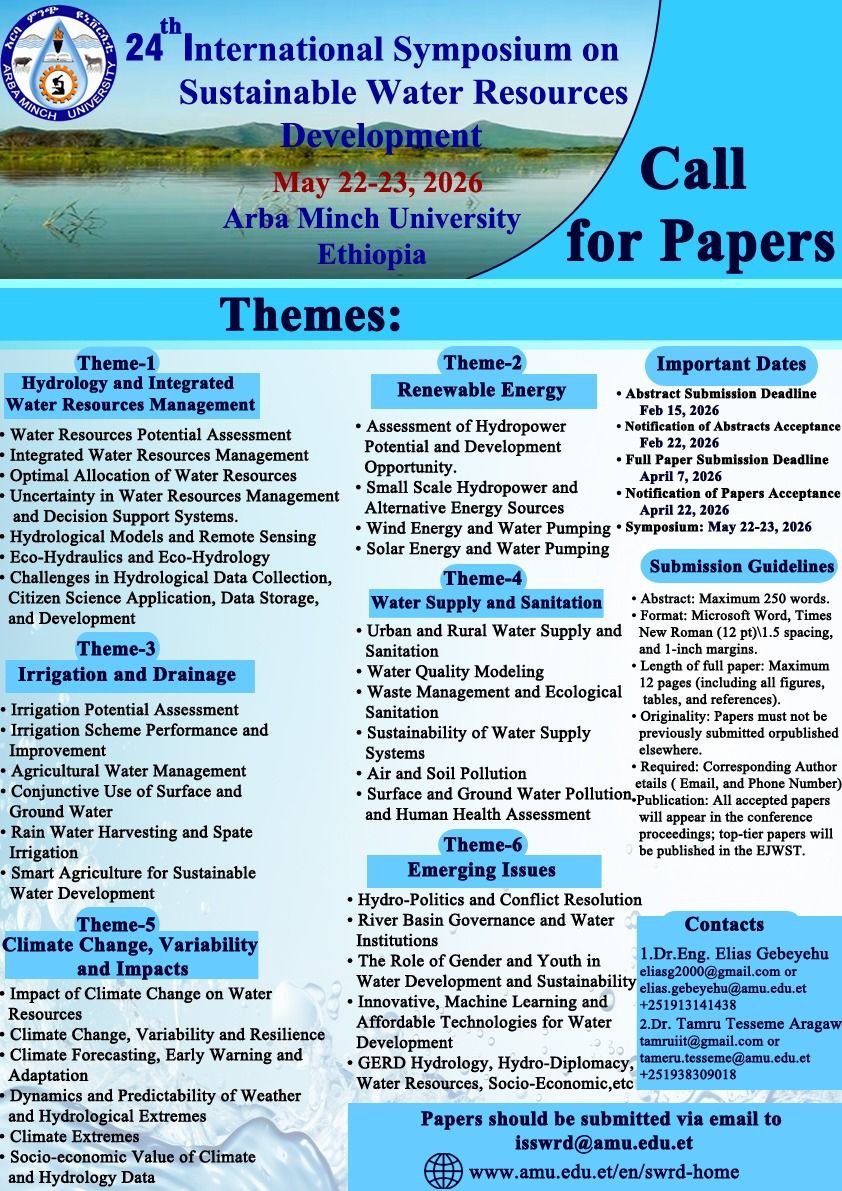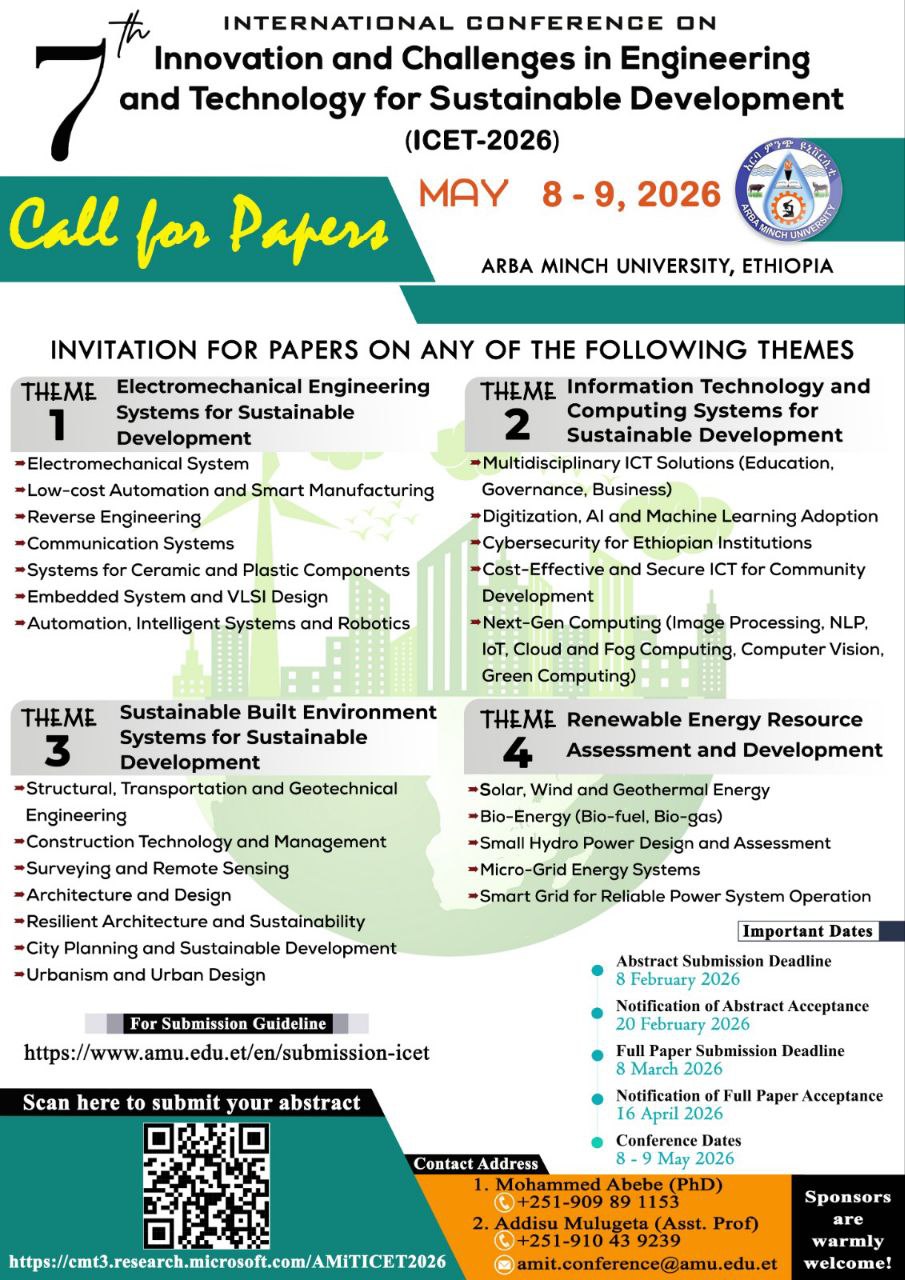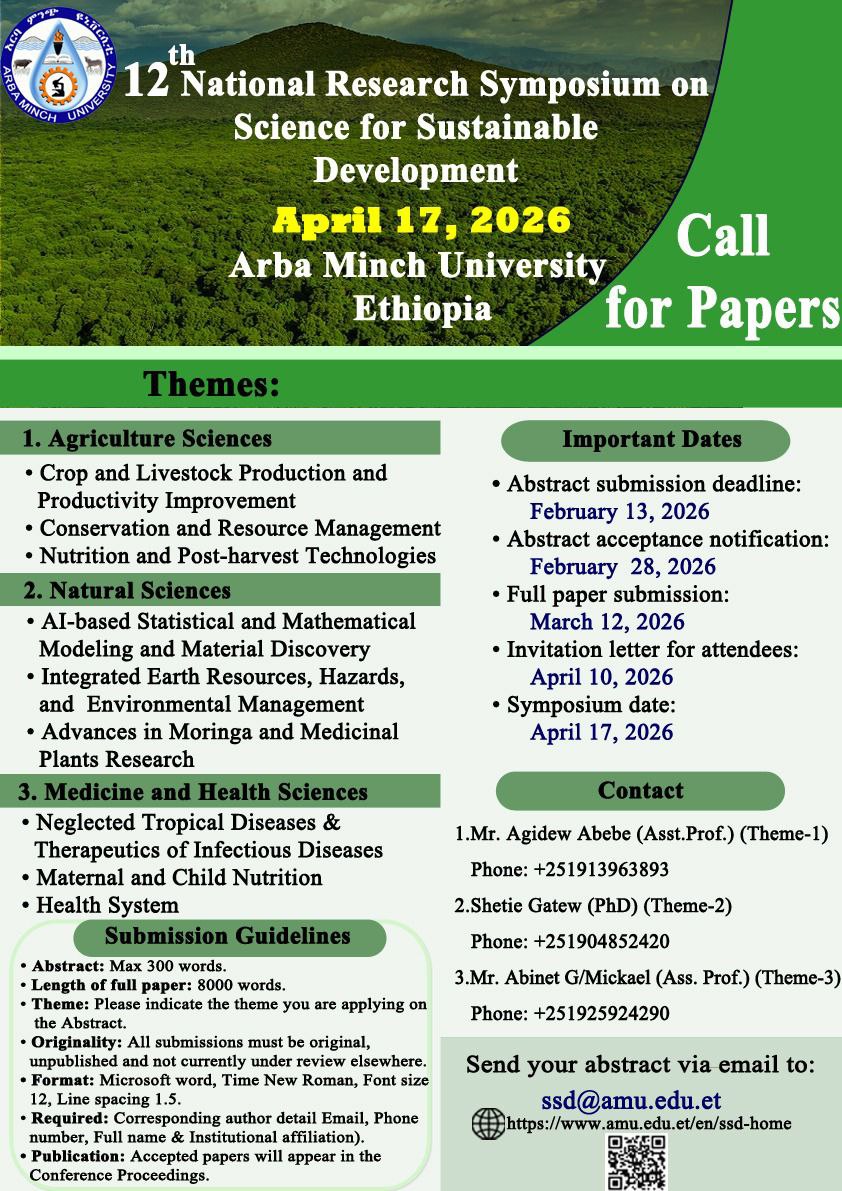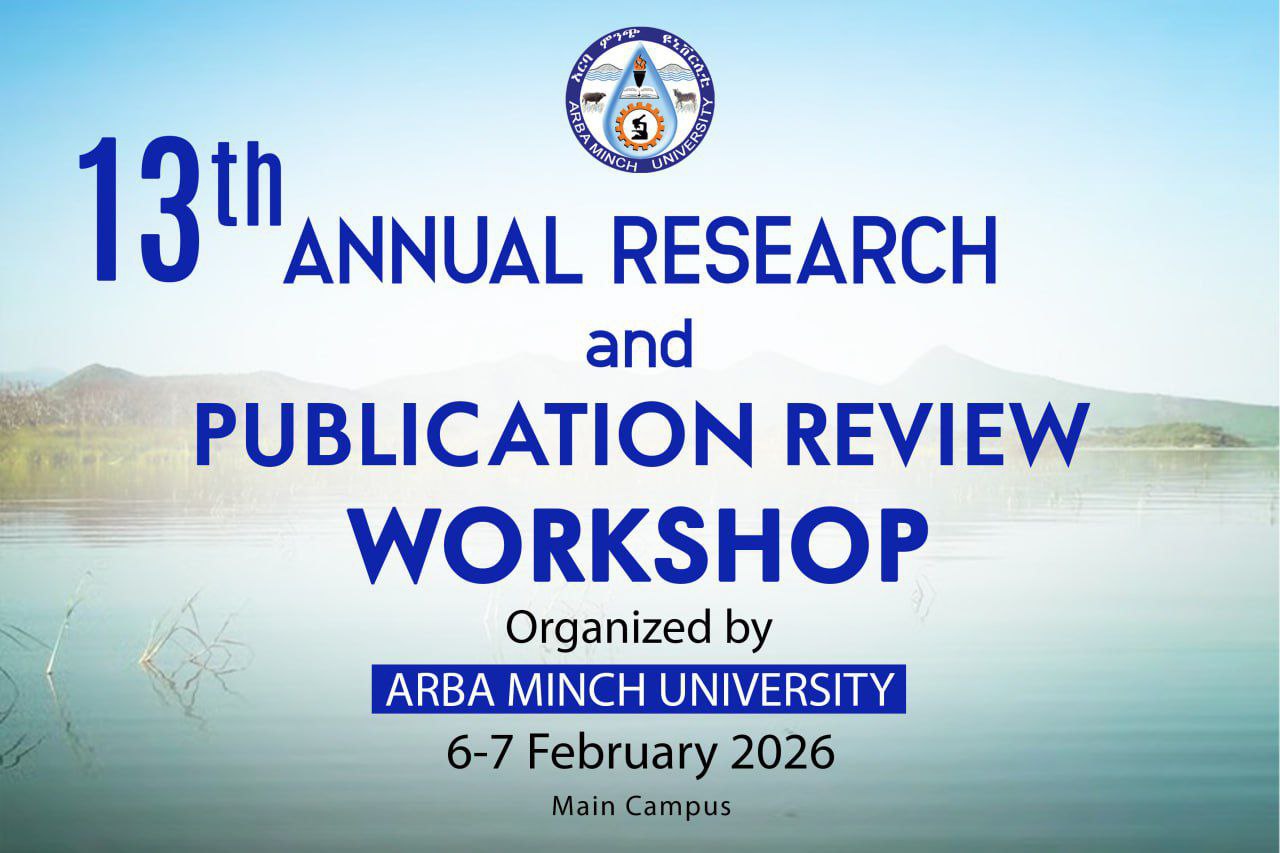AMU’s Collaborative Research and Training Centre for Neglected Tropical Diseases (CRT-NTD), which enjoys a unique distinction for being the best institute in Ethiopia to reduce NTDs burden across the country, has conducted its first workshop on dissemination of independent monitoring (IM) for mass-drug administration (MDA) at Main Campus and proposal defense at Nechsar Campus on 11th February, 2017. Click here to see the pictures.
CRT-NTD, having completed two national-level missions on IM for MDA is not only a balm for national health malaise but also stands to provide momentum to ongoing efforts to control and eliminate NTDs that represent key elements for achieving Africa's Millennium Development Goals for sustainable poverty reduction, promote education, reduce child mortality, improve maternal health, and combat ‘other diseases’ as well.
Vice President for Administration, Mr Behailu Merdekios, opening the workshop said the Centre in its infancy has successfully conducted two missions on IM across Ethiopia and third underway is a huge complement in itself. And acknowledgement by Federal Ministry of Health will boost its strength and mandate wider. Terming workshop unique, he said, NTD is one of the five identified areas of excellence of AMU and Centre’s participation in 2nd China-Africa meeting on Schistosomiasis and Malacology in Cameroon, makes its existence more relevant.
Centre director, Tigist Gezmu, giving preview said, CRT-NTD was founded on August 8, 2015, and elevated to national level after its structure got endorsed by the Senate. Three IM missions, of which, two completed and the third is underway has earned around ETB 5.6 Million.
Apart from conducting research and training, the Centre also has a mission to produce experts on NTDs across the nation. And currently, it’s focusing on facilitation and capacity building to launch MSc and PHD programs related to NTDs.
Elaborating further, she informed that CRT-NTD is developing standard training manuals on NTDs in region and country. And it hopes to establish standard laboratory and may host annual review workshop in future; its collaboration on national and international level is widening.
The College Research Coordinator, Mr Alemu Tamiso, giving overview of key findings for schistosomiasis and soil-transmitted helminthes national control program apprised the gathering on woreda and zonal-level trainings, deworming preparedness, quality of community sensitization and peoples’ perceptions, WASH indicators and quality of woreda drug supply management, etc.
One of the researchers, Meseret Girma, on her proposed community-based parasitological survey on prevalence of Schistosoma infection in Gamo Gofa and South Omo Zones, said, the survey is aimed at determining prevalence rate, identifying risk factors of infection and high-risk groups to establish endemicity of disease in the designated area.
Stool and urine’s investigation will ascertain whether it’s S. Mansoni or haematobium that will assist in designing and implementing intervention strategies to mitigate resultant morbidity. The findings will be shared with all stakeholders; the project will cost ETB 98,722.00, she said.
Megbaru Debalkie’s proposed research on uptake of MDA on NTDs, said, schistosomiasis, lymphatic filariasis, onchocerciasis, soil transmitted helminthes and trachoma are the five most prevalent NTDs in the world, wherein 500 million are affected in Sub-Saharan Africa alone.
He stressed, despite NTDs being major health scare particularly in Ethiopia, low attention is given and studies conducted are inadequate. Therefore, he said, his study will fill the gap and enable stakeholders to have better understanding as how to intervene in setting things right.
Later, eight research proposals on associated issues were defended by Addisu Alemayehu, Hiwot Tadesse, Munira Shiraj, Desta Haftu, Zerihun Zerdo, Tigist Gezmu and Desalegn Yibeltal. Workshop was attended by AMU officials, staff, researchers, students and others.
(Corporate Communication Directorate)






